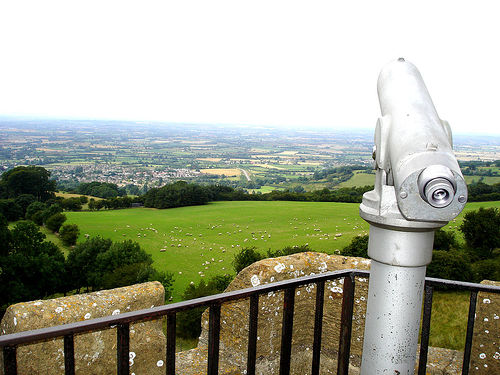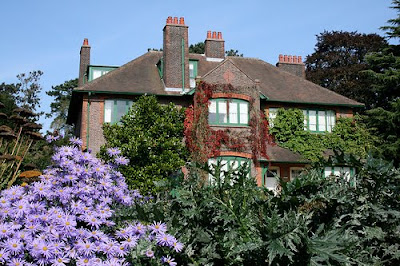
View of the Beach & Water at Kynance Cove
Interested in a holiday by the water in a beatiful location that is suitable for camping and caravanning?
You'll be glad to know of the area around Kynance Cove on the Lizard Peninsula in Southwest Cornwall. Kynance Cove is about two miles north of Lizard Point, the most southerly point on the British mainland.
The name Kynance comes from the Cornish word Kynans meaning ravine or gorge. While not as apparent in this picture, but can definitely be seen in the picture at the top, the cliffs surrounding Kynance Cove are rather high.

Kynance Cove at Low Tide
Kynance Cove Accommodation
The accommodations around Kynance Cove are decidedly low-key, but that is the draw for many. There are some cottages in the area, or you can bring a caravan along with you.
Or, another option well-suited for this beautiful environment is to bring along a tent and set up somewhere under the stars. In this way you can get a better sense of how the Celts for whom evidence of there being in the area as far back as 300 B.C. might have experienced this land & sea.
Kynance Cove Cottage

The Kynance Cove Cottage and Cafe can be seen on the right side of this picture.
Kynance Cove Cafe

Nice Place to Enjoy a Meal
Kynance Cove along with much of the surrounding coast is owned by the National Trust.
Footpaths, other beaches in the area and an "un-developed" environment in general make the Kynance Cove and the surrounding area a great spot for a rustic and relaxed holiday.



















